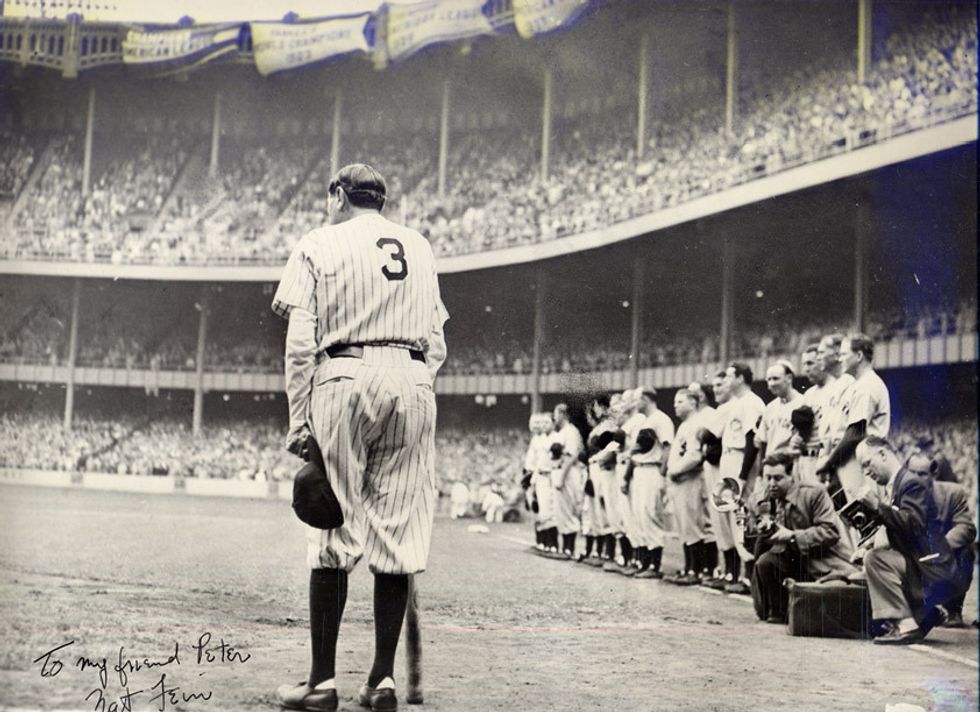In sports, the best discussions stem from trying to compare legends of certain eras and trying to see if they would maintain that status. Yes, I am talking about the greatest of all time discussion.
Brady or Montana?
Jordan or Lebron?
Ruth or Griffey?
These discussions are fun to have. They also show the stark differences in time periods that different athletes play in, which adds intrigue and nuance.
For instance, let's look at Brady against Montana. Brady's won 6 Super Bowl rings, and sits in the top five in both passing yards and touchdowns. Montana, even with four rings of his own, does not even crack the top ten in either list. Obviously, this means that Brady is better, right?
Not so fast there, buddy.
Brady plays in a day and age where an offense is valuable. The owners want teams to light up the scoreboard as much as possible to keep the fans entertained. This explains all the intrigue in teams like New Orleans or Kansas City with their "track team" offenses. Montana, by contrast, played when receivers hardly dared to cut across the middle. It was a time when big hits were legal, almost encouraged. The West Coast offense was a fairly new idea that San Francisco 49ers head coach Bill Walsh ran, where in today's game, offenses and defenses alike plan for it.
"What's the point? Surely, I'm not going to spend all day having these kinds of discussions."
Think of these kinds of arguments when there are generational debates in society at large. I constantly see article after article stating how the younger generations (is Gen Z the younger generation? At this point I don't even know) are "killing off" certain industries, or see comments on social media about how bad the older generations are with technology (shock horror, my dad might be more tech-savvy than I am, and I will openly admit that).
I see a lot of how the boomer generation can't understand why millennials are living at home or are burying themselves in debt when they were able to afford a home at 25 and could pay off college with a summer job. The answer is multifaceted, but it boils down to the fact that our dollars just don't go nearly as far as they used to.
In 1975, a new home would cost 48,000 dollars. In comparison to 2015 money, that comes out to just under 210,000. But in 2015, the average price for a new home exceeded 270,000.
Then we get to college. In 1975, college tuition for one year at a public university stood at 1819 dollars. This figure equates to 7938 dollars, which is still well below the nearly 19 thousand that it actually costs.
Our wages just don't go as far as they used to. A $2.10 minimum wage in 1975 held the buying power of $9.16 in 2015 when the minimum was only $8.25. It's hard to spend money we don't have when the buying power on each dollar just isn't there anymore.
On the flip side, our generation has more or less been spoiled with technological advancement. The older generations had computers that filled up a whole room, and phones that needed to stay plugged in. Nowadays, we have both of those things that can fit in our pockets. We have access to a bevy of information right at our fingertips.
Does anyone here actually remember dial-up Internet? Does anyone in our age group, prior to entering college and having to learn how to do it, actually use a card catalog in the public library?
There is no way to tell for sure which generation is better, either in sports or in real life. The only thing you can do is take what you have at that moment in time and appreciate it.



















